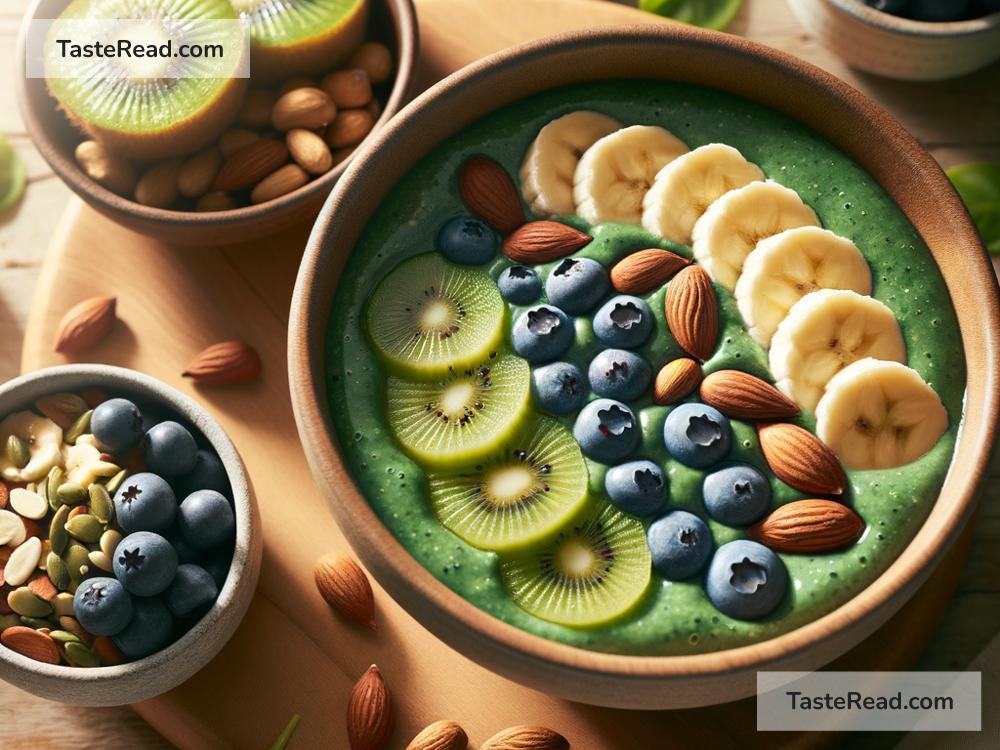The Benefits of a Balanced Diet for Pineal Health: Supporting Sleep Regulation
Getting enough quality sleep is a challenge for many people. Whether it’s stress, a busy schedule, or simply tossing and turning all night, sleep problems can take a toll on your health, mood, and energy levels. One thing many people don’t realize is how much their diet can influence their ability to sleep well. A balanced diet can support the health of the pineal gland—an important small gland in your brain that plays a key role in regulating sleep.
In this blog, we’ll explore how the pineal gland functions, why it’s important for sleep, and how eating a balanced diet helps maintain its health so that you can rest better each night.
What Is the Pineal Gland?
The pineal gland is a tiny, pea-shaped part of your brain located between the two hemispheres, deep in the center of your brain. Despite its small size, it has a big job. The pineal gland produces melatonin, a hormone that regulates your sleep-wake cycle. Melatonin helps signal your body that it’s time to rest when it’s dark and promotes wakefulness when it’s light.
This gland works in tandem with your internal clock, also known as the circadian rhythm. Together, they ensure your sleep patterns are consistent and aligned with the natural day-night cycle. However, the pineal gland can become disrupted by unhealthy habits, including poor nutrition, stress, and even excessive screen time before bed.
Why Diet Matters for Pineal Health
Your diet plays a powerful role in keeping your pineal gland healthy and functioning properly. The nutrients you consume provide the building blocks for hormones like melatonin. Additionally, some foods help shield the gland from damage caused by toxins or oxidative stress. Without proper nutrition, your pineal gland may struggle to produce enough melatonin, potentially causing sleep issues like insomnia or difficulty staying asleep.
Key Nutrients for a Healthy Pineal Gland
Here’s a closer look at some key nutrients that support pineal gland health and, as a result, better sleep:
1. Magnesium
Magnesium is sometimes called the “relaxation mineral” because it plays an important role in calming the brain and nervous system. This mineral also helps regulate melatonin production. Foods rich in magnesium include leafy green vegetables (like spinach and kale), nuts, seeds, whole grains, and bananas.
2. Vitamin B6
Vitamin B6 is essential for converting the amino acid tryptophan into serotonin, a precursor to melatonin. You’ll find B6 in foods such as poultry, fish, bananas, potatoes, and fortified cereals.
3. Tryptophan
Tryptophan is an amino acid that your body uses to produce serotonin and melatonin. Foods high in tryptophan include turkey, chicken, eggs, nuts, seeds, and oats.
4. Antioxidants
Antioxidants help protect your pineal gland from oxidative stress, which can occur due to exposure to toxins, pollution, or unhealthy lifestyle habits. Colorful fruits and vegetables like berries, citrus fruits, carrots, and sweet potatoes are great sources of antioxidants.
5. Omega-3 Fatty Acids
Omega-3 fatty acids support overall brain health, including the pineal gland. They can help maintain the structure and function of brain cells, ensuring your pineal gland stays in good shape. You’ll find omega-3s in fatty fish (like salmon and mackerel), walnuts, chia seeds, and flaxseeds.
Foods That Can Harm Pineal Health
Just as some foods can boost pineal health, others can negatively affect it. Here are a few to watch out for:
- Sugary and Processed Foods: High sugar consumption can lead to inflammation and oxidative stress, which can harm the pineal gland over time.
- Caffeinated Drinks: Coffee and energy drinks consumed late in the day can interfere with your body’s natural melatonin production and make it harder to fall asleep.
- Alcohol: Excessive alcohol consumption disrupts melatonin production and affects your sleep quality.
- Artificial Additives: Some food additives, dyes, and chemicals found in processed foods may hinder proper pineal function.
Tips for Supporting Pineal Health Through Diet
Here are some simple tips to let your diet work for your sleep:
- Eat Plenty of Whole Foods: Choose fresh, natural foods like fruits, vegetables, whole grains, and lean proteins—and limit processed foods.
- Focus on Variety: Include a wide range of foods to ensure you’re getting all the necessary vitamins and minerals to support your pineal gland.
- Stay Hydrated: Drinking enough water helps your body remove toxins and keep every organ functioning well, including the pineal gland.
- Avoid Eating Late at Night: Eating large meals or unhealthy snacks close to bedtime can interfere with your sleep cycle.
Beyond Diet: Other Ways to Maintain Pineal Health
While a balanced diet is crucial, other lifestyle changes can also help your pineal gland stay healthy and keep your sleep on track. Minimize screen time before bed to avoid blue light, which can reduce melatonin production. Spending time outside during the day can help regulate your body’s natural clock, as exposure to sunlight signals the pineal gland to adjust its melatonin levels appropriately. Additionally, managing stress through activities like meditation, yoga, or deep breathing can keep your sleep-wake cycle stable.
Final Thoughts
Taking care of your sleep starts with taking care of your pineal gland, and a balanced diet is one of the easiest ways to do this. By eating nutrient-rich foods and avoiding unhealthy options, you’re giving your body everything it needs to regulate your sleep-wake cycle naturally. Combine a healthy diet with other good habits, like limiting screen time and reducing stress, and you’ll be on your way to better nights of sleep—and brighter, more energized days.


